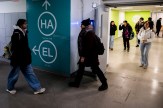In its 10th year, Northeastern’s Seattle campus has record enrollment, hundreds of industry partnerships, impact on region’s economy
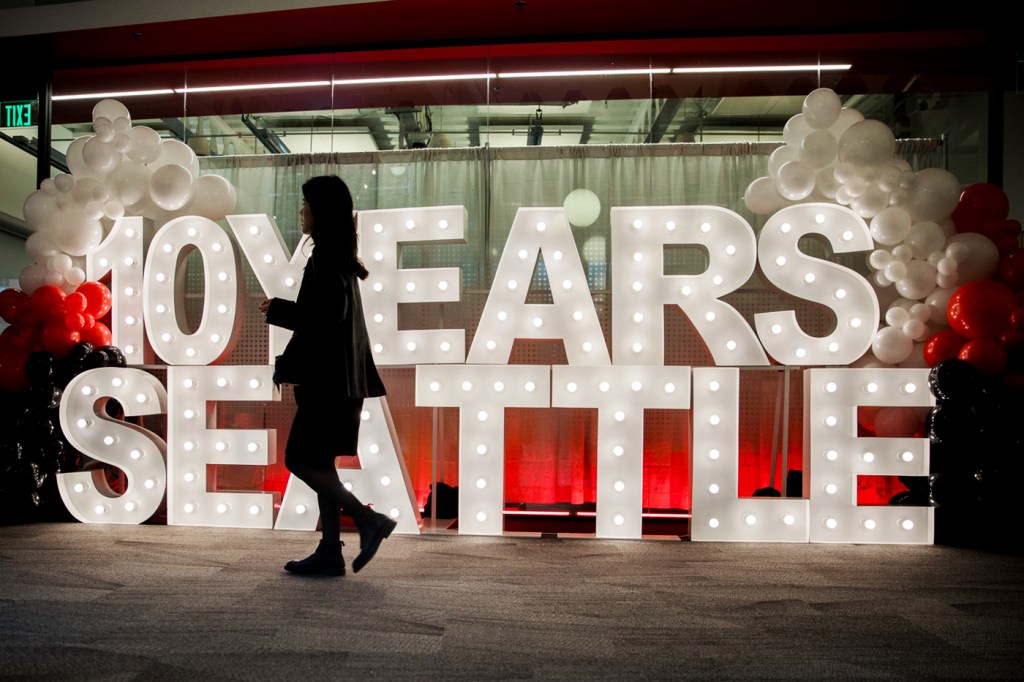
SEATTLE — In 2013, Northeastern University opened a campus in Seattle with two programs and 32 students and about 500 square feet of space in South Lake Union, a neighborhood that developed seemingly overnight with the exponential rise of Amazon.
A decade later, Seattle is one of Northeastern’s 13 global campus locations, with nearly 1,500 students, a dozen graduate degree programs, and hundreds of industry and community partnerships.
From the start, the Seattle campus has partnered with industry, government and academia to bring programs in high-growth fields to the Pacific Northwest.
In the shadow of the Space Needle, the campus offers master’s programs in computer science, data analytics, project management and information systems — among other disciplines — that are increasingly coveted by employers.
“The Seattle campus is deeply embedded within the community and employer ecosystem,” says Mary Ludden, the university’s senior vice president for global network and strategic initiatives.
“Our experiential learning model and unique programming have created opportunities for our students to explore their interests in ways that transform their lives while continuing to create impact in the world.”
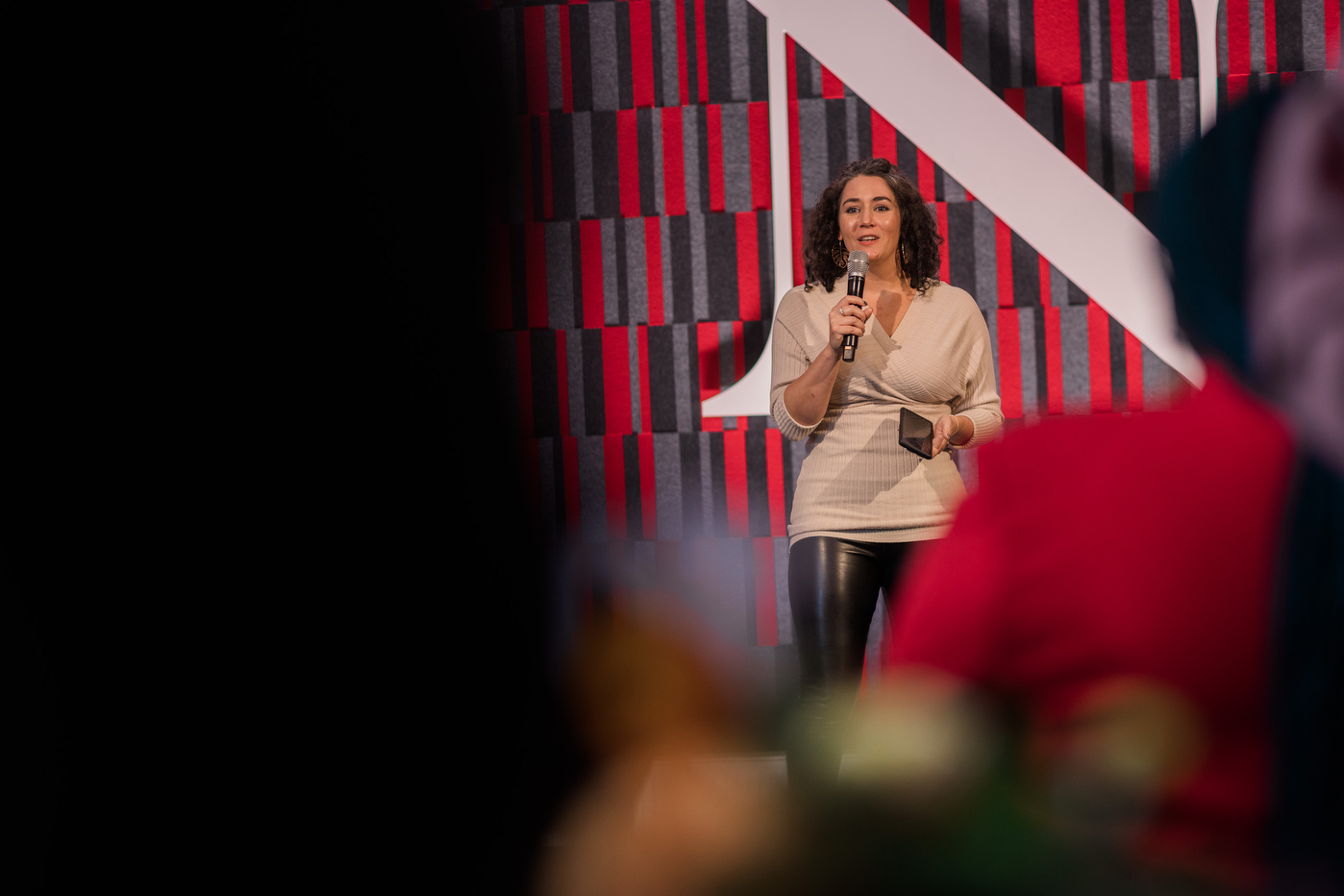
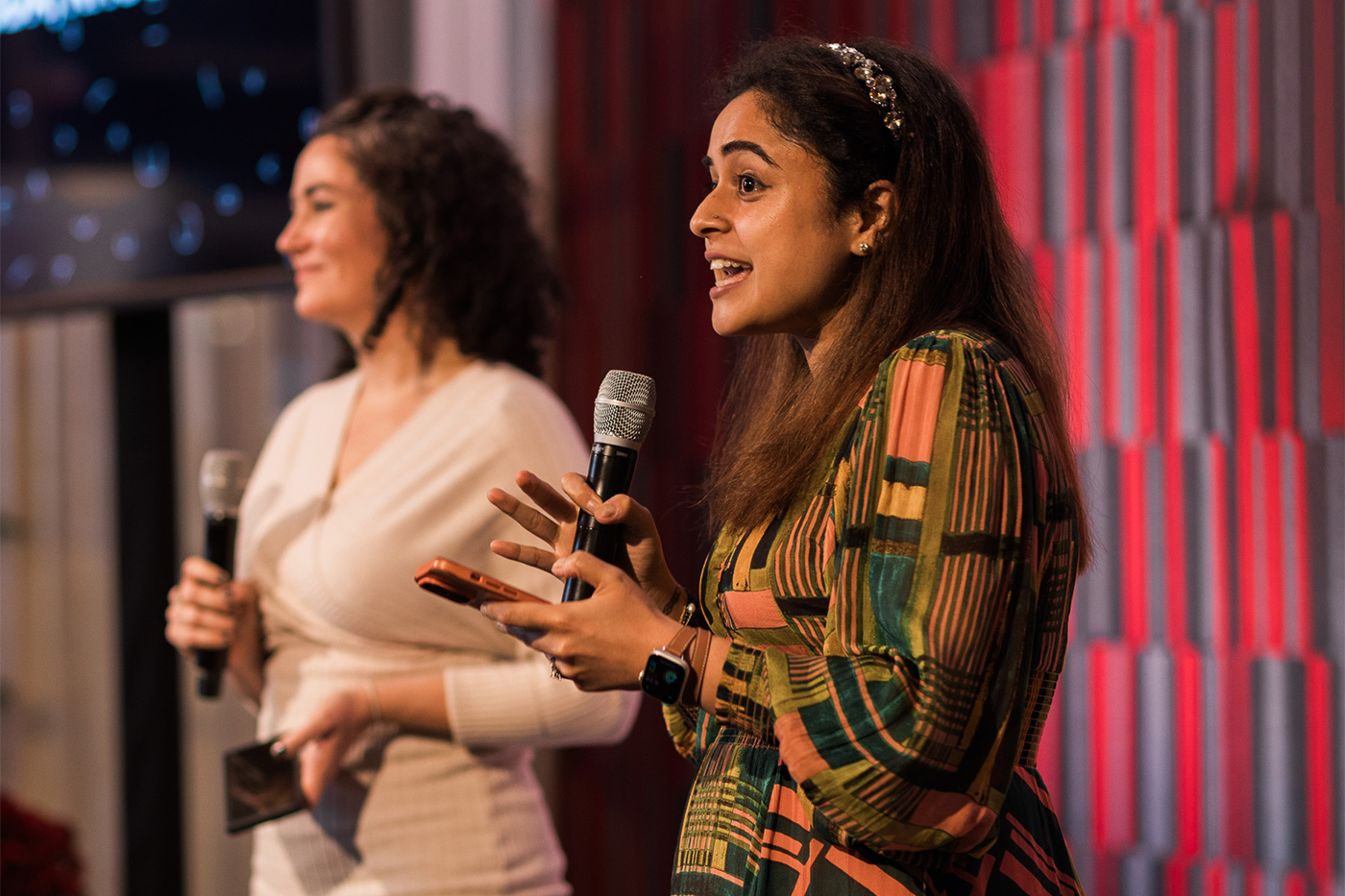
Align Master’s in Computer Science program
Dave Thurman, dean and CEO of the Seattle campus, points to the Align Master’s in Computer Science as an example of the campus’ innovative impact. Spanning between two and three years, the program is designed for students from non-computing backgrounds.
“We’re delivering the graduates that local industry wants,” Thurman says.
The Align program begins with two semesters of introductory coursework and, in keeping with the university’s focus on experiential learning, includes four to eight months of full-time work experience.
Our experiential learning model and unique programming have created opportunities for our students to explore their interests in ways that transform their lives while continuing to create impact in the world.
Mary Ludden, Northeastern’s senior vice president for global network and strategic initiatives
The program started in Seattle but has now expanded to seven other campuses in the university’s network. More than 50% of its students identify as female and among the domestic students, 15% come from underrepresented communities, according to Thurman.
“It is changing the face of computing,” he says.
Akriti Chadda and Becky Buckler are part of that shift. Both graduated from the Align program and both went on to work at Microsoft — Chadda as an applied scientist, Buckler as a product manager.
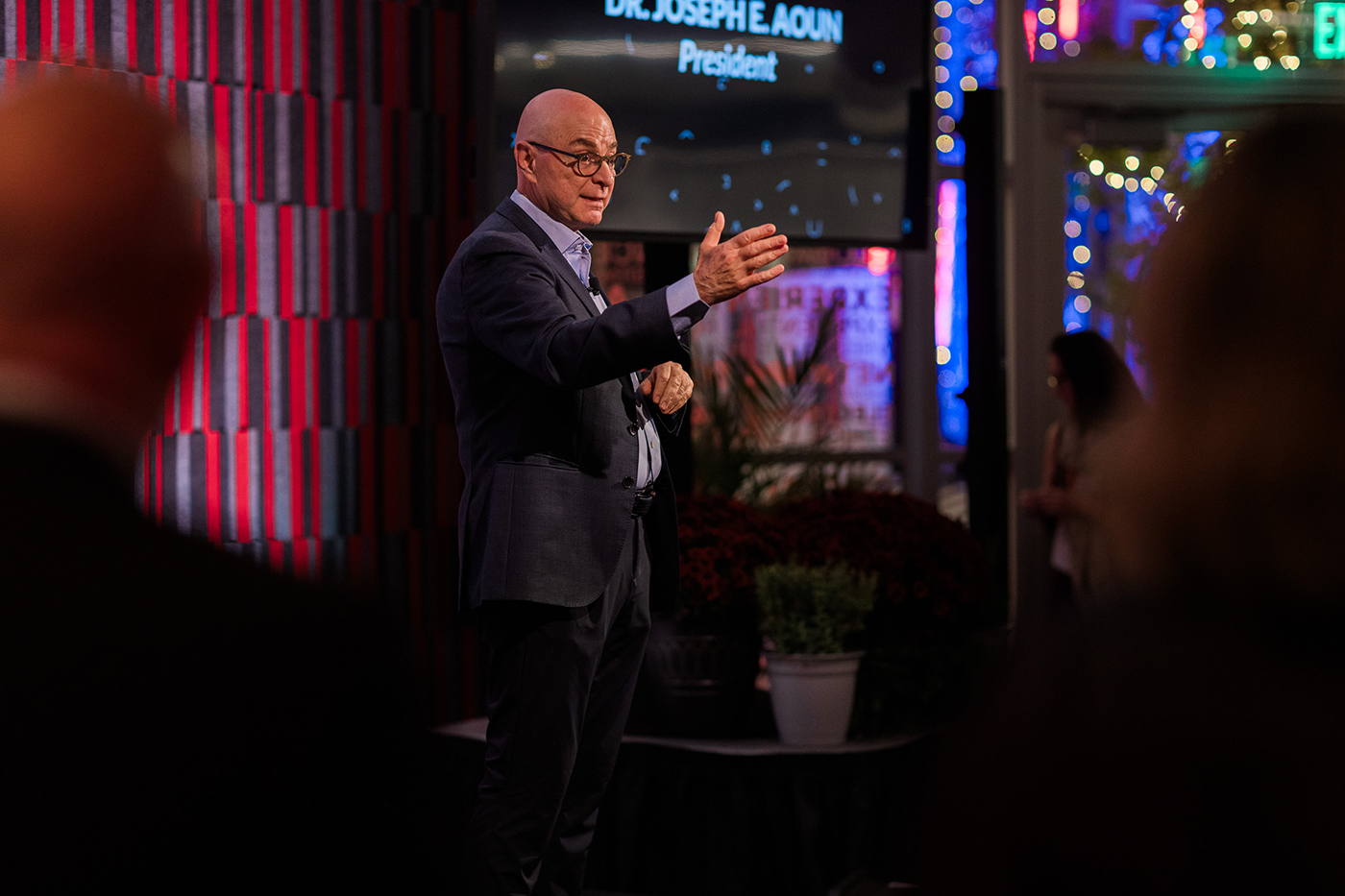
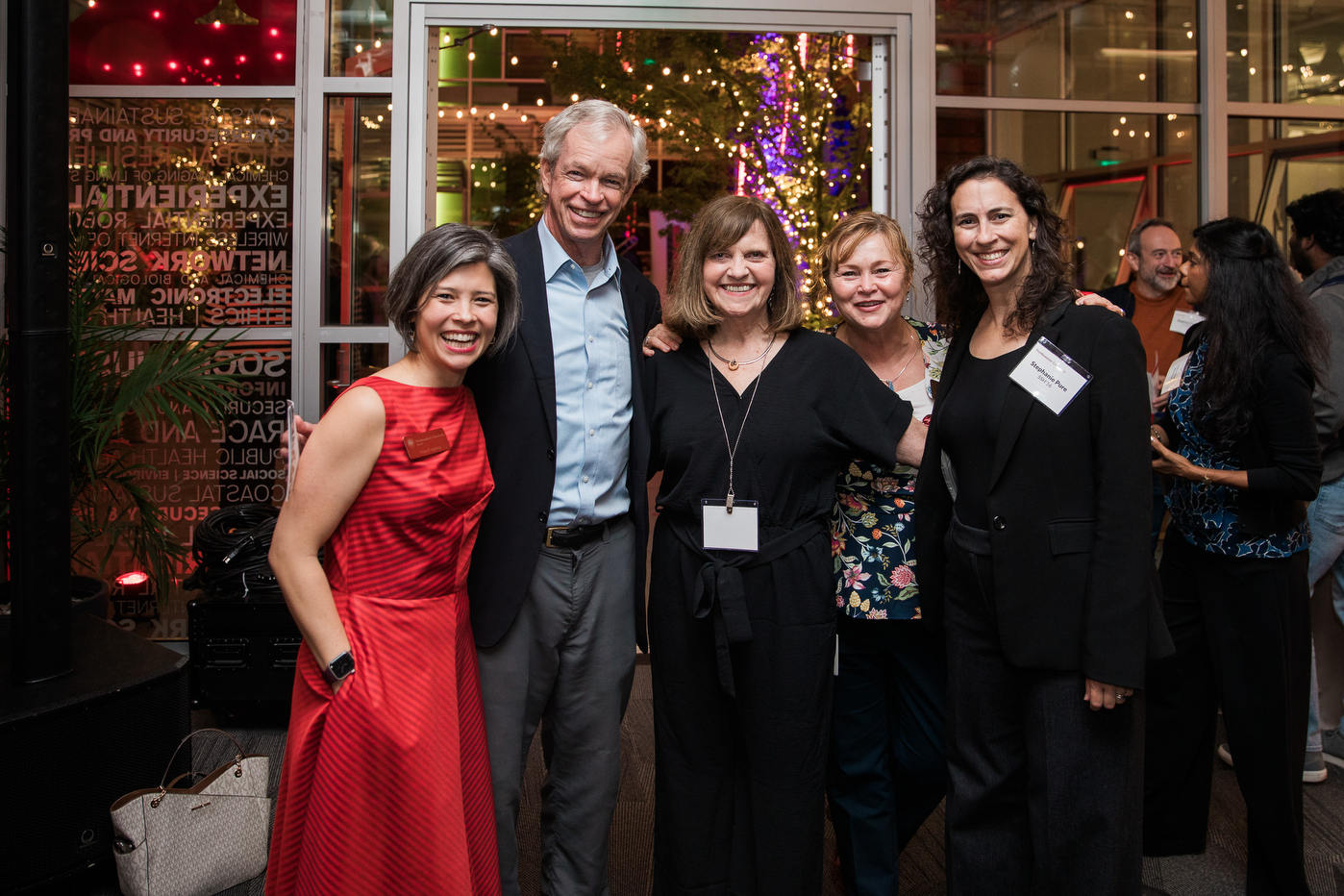
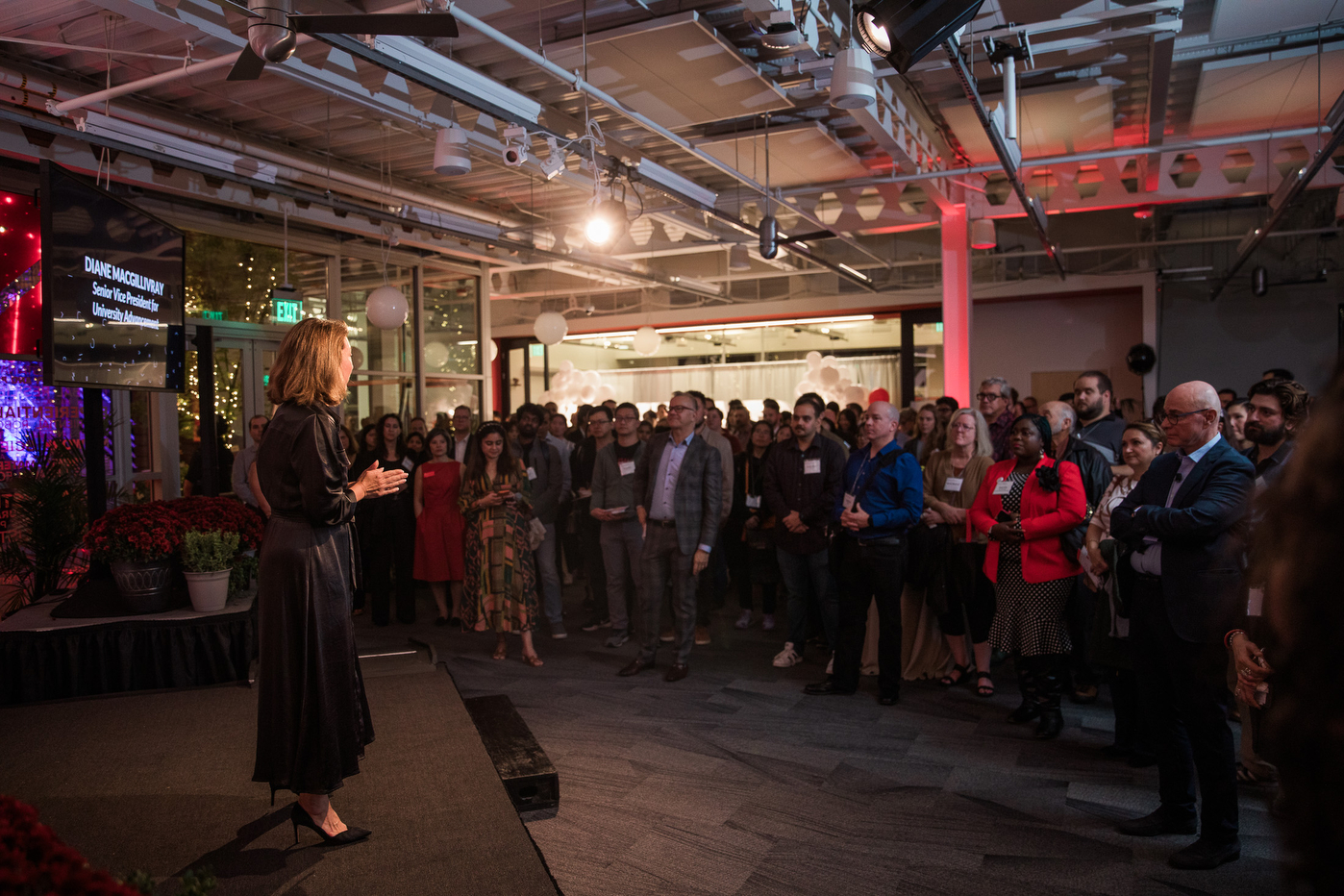
Seattle’s culture and close-knit community
Chadda, a 2020 graduate, was pursuing a Ph.D. in bioengineering in Hong Kong when she discovered Northeastern in Seattle. As part of a research project, she visited the University of Washington and heard about Northeastern.
At Northeastern, Chadda learned her lack of computer science background wouldn’t prevent her from obtaining a master’s degree in the field and preparing for a future that was sure to be dominated by technology like artificial intelligence. And when she visited the campus, she quickly found a sense of community among the students, faculty and staff.
Everyone seemed to know everyone else, she says, and that camaraderie keeps her coming back to campus every chance she gets.
“I feel like where I am in my career today, the kind of network that I have and the wonderful connections that I’ve made both on and off campus, would not have been possible without the support that I got from the faculty and staff here,” Chadda says.
Buckler, a 2022 graduate, is part of that network. A former math teacher in upstate New York, she visited Northeastern’s campuses in Boston and Silicon Valley in 2019, but she fell in love with Seattle’s culture and close-knit community.
With her expertise in math, Buckler was skeptical that she needed to follow the Align introductory track to computer science. Then she went to her first class and was suddenly very grateful for the gradual buildup.
“I would’ve absolutely been eaten alive,” she says.
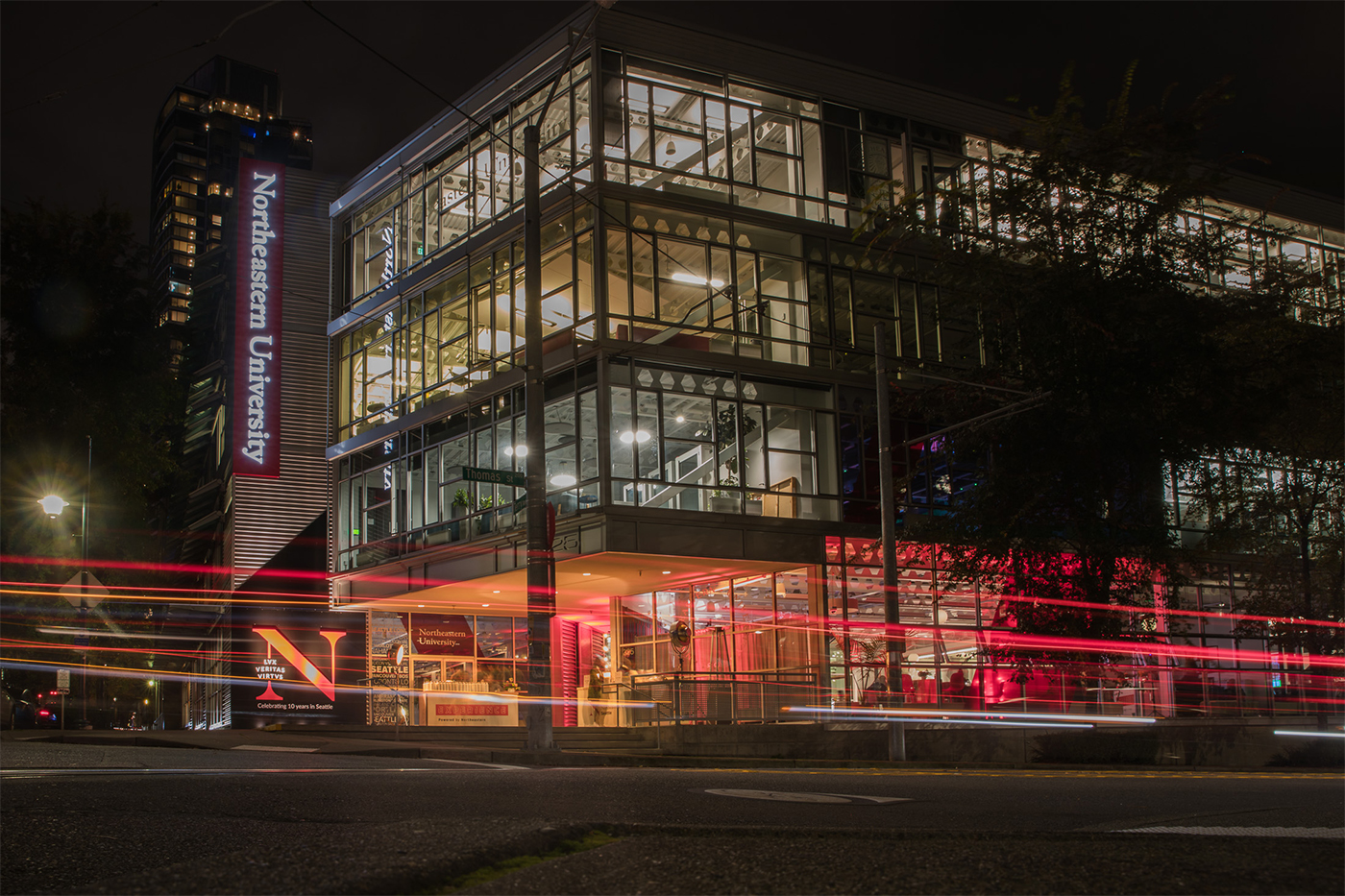
Experiential learning and co-op placements
Yaqi Xie, who’s currently pursuing a master’s degree in analytics at the Seattle campus, stressed that Northeastern’s experiential learning model and co-op placements are particularly appealing.
Khaled Abu Baker, who completed his undergraduate studies in Jordan before attending Northeastern in Seattle, says a principal reason he chose the campus was “its proximity to lots of good employers” — not only Microsoft and Amazon, but regional offices of other tech giants like Meta and Google.
Something else motivated data analytics student Dhruv Wadkar. Already a holder of a bachelor’s degree and a master’s degree in accounting from the university’s Boston campus, Wadkar decided to move to Seattle and become a “triple Husky” after remembering a speech delivered by Northeastern President Joseph E. Aoun.
“He was telling us to be ‘robot-proof,’” Wadkar recalls, “and I was like, OK, what does that mean for me?”
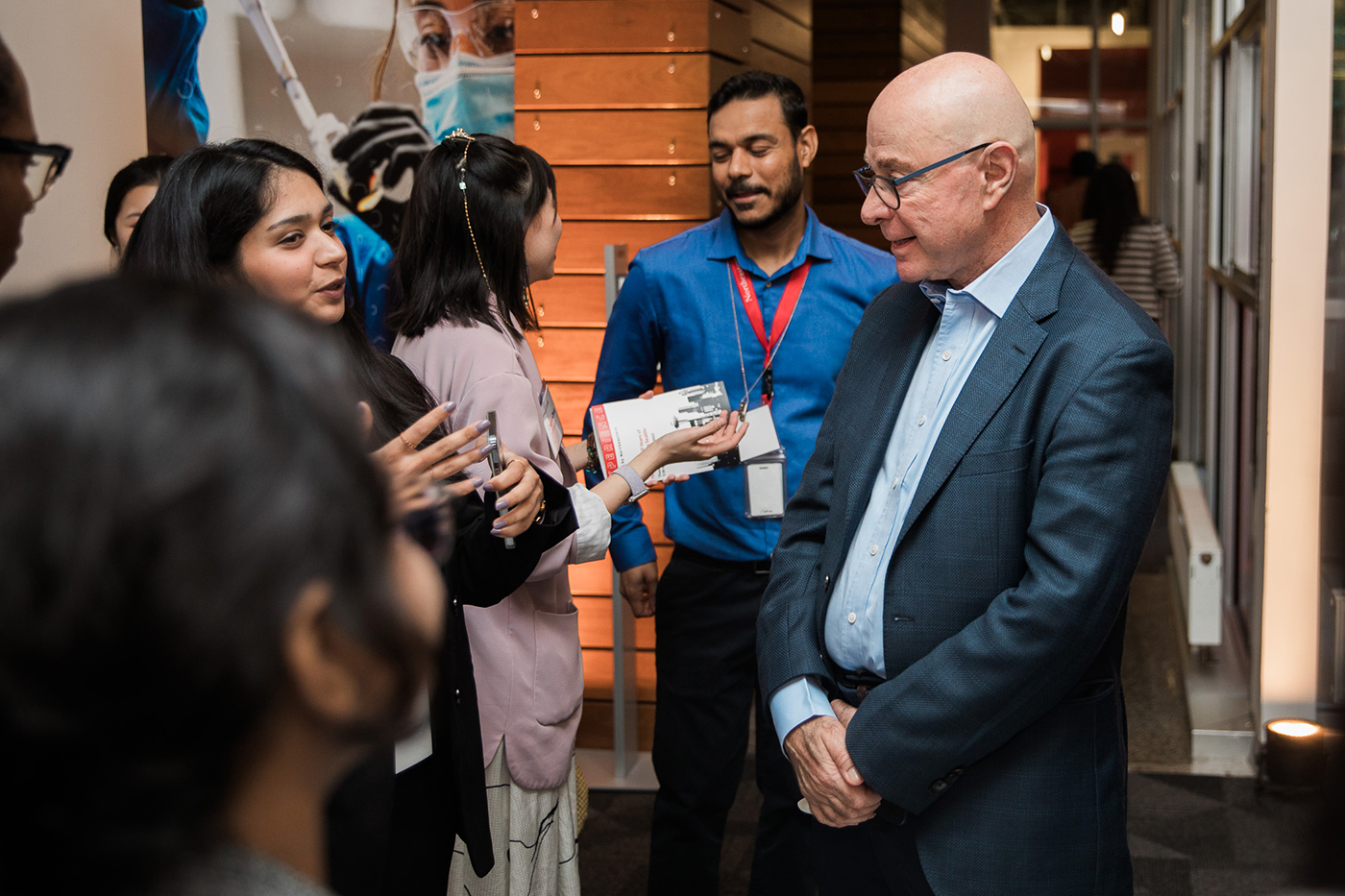
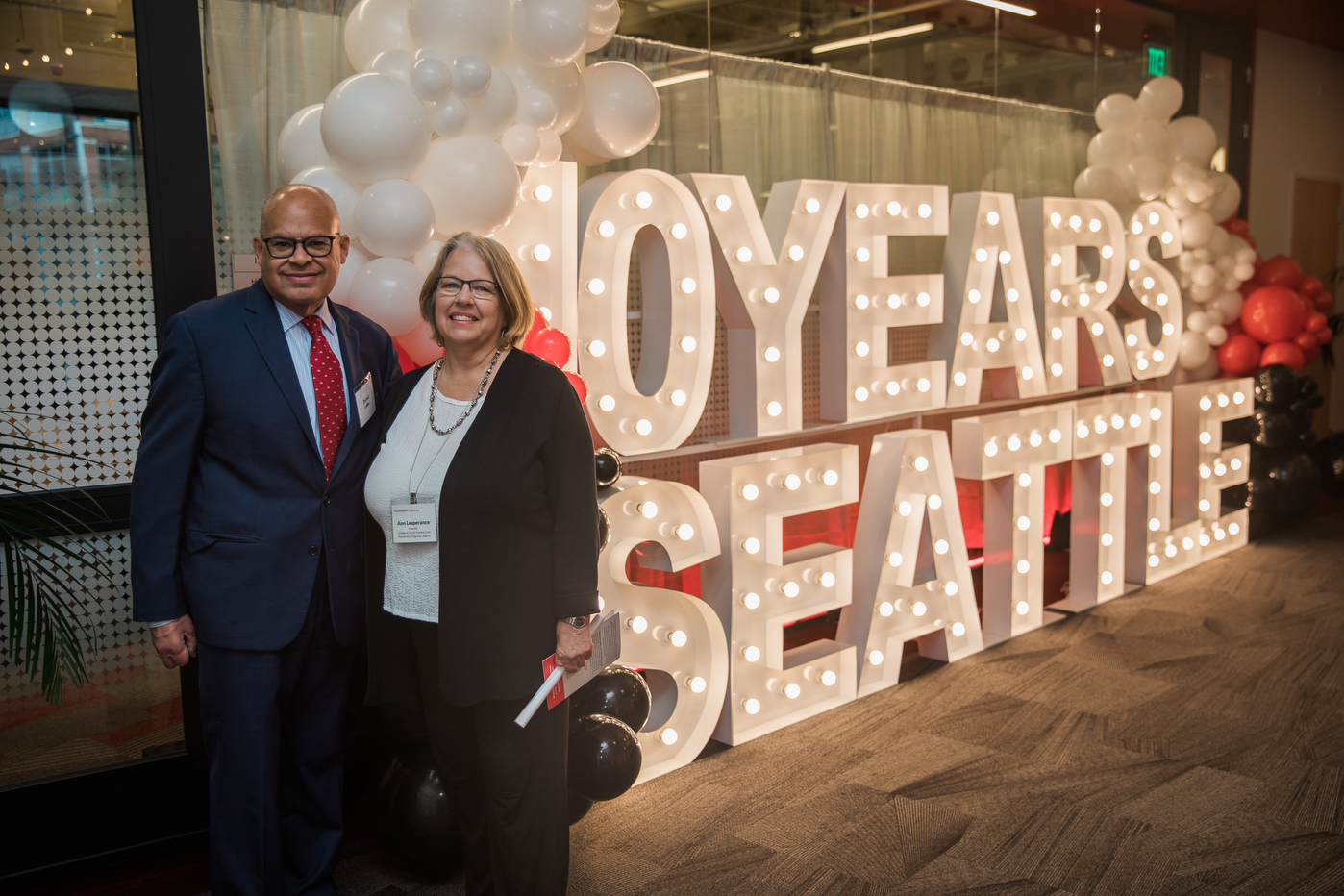
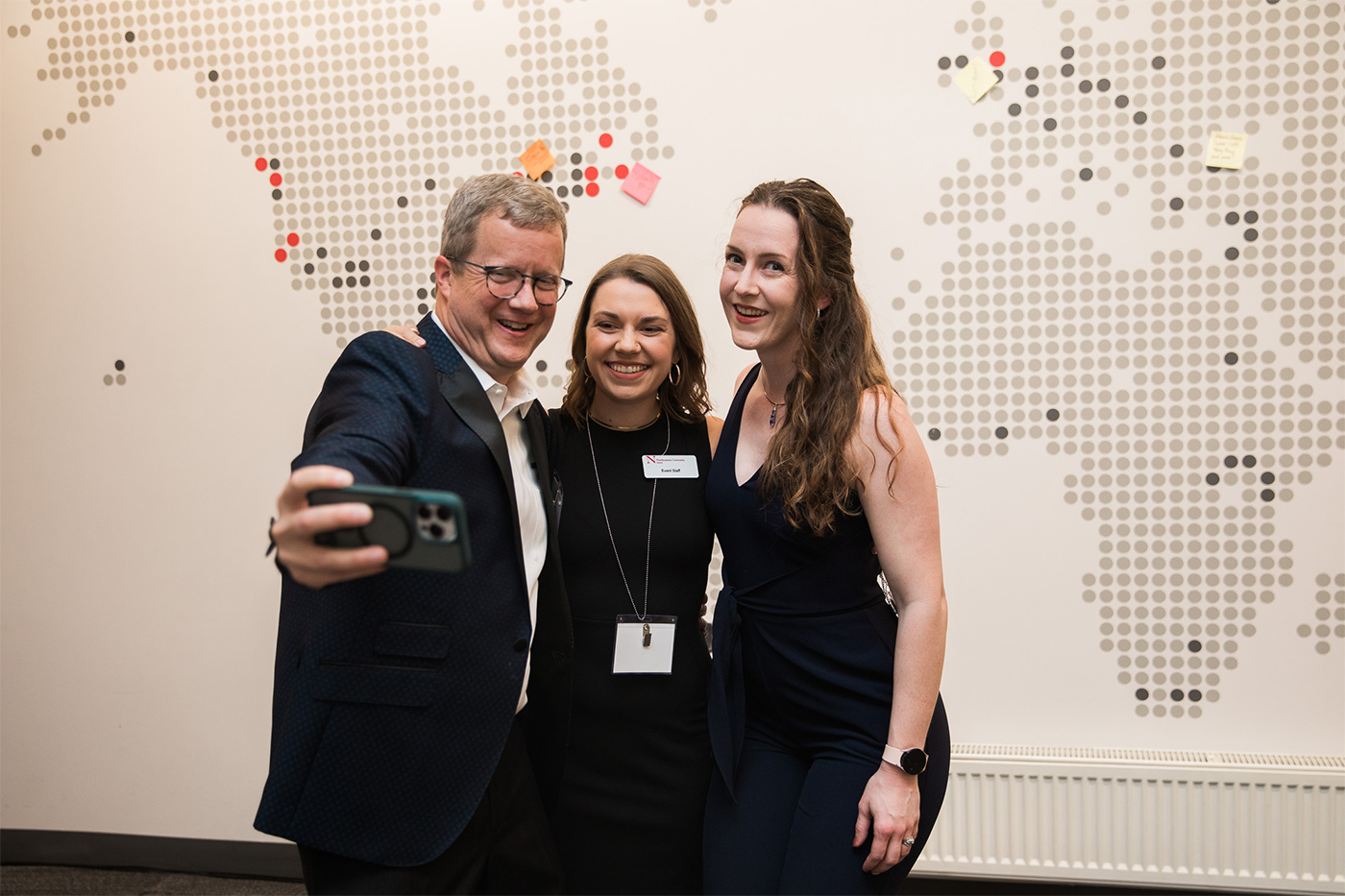
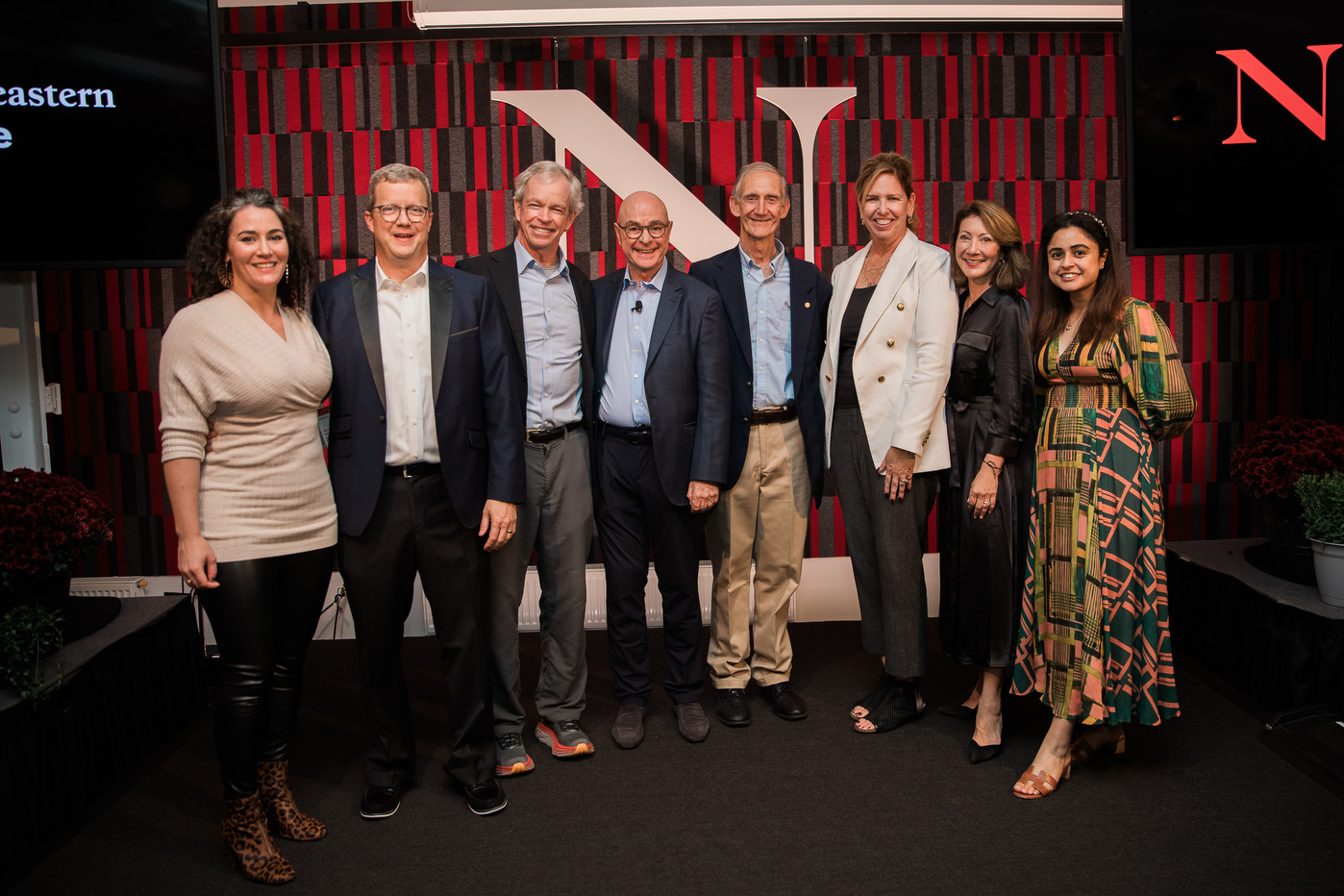
Event celebrates impact on the local tech
Last month, Northeastern President Joseph E. Aoun joined students, graduates, faculty, staff and community partners on the Seattle campus to celebrate the campus’ 10th anniversary and the university’s impact on the local tech scene.
Aoun says Northeastern did it by listening to the community, then responding.
“From Day One, we wanted to build a campus that has leadership and has impact, and you cannot have an impact by saying to the community, ‘We know what you need,’” Aoun says. “You have to be humble. You have to respect the community, and you have to work with the community to provide this impact.”
Northeastern’s network of campuses in the U.S., Canada and the U.K. include Boston, London, Oakland, Toronto, Vancouver, Seattle, Charlotte, Miami and Silicon Valley, as well as Arlington, Virginia; Portland, Maine; and Nahant and Burlington, Massachusetts. They provide students endless access to education, research and experiential learning opportunities.
“It’s always important that we take a moment and reflect upon the impact that our faculty, staff, and students have had at our Seattle campus over the last 10 years,” Ludden says, “But then quickly pivot once again to look towards the horizon and imagine the tremendous opportunities we have in front of us as we continue to innovate across our global university system.”
For media inquiries, please contact media@northeastern.edu.


